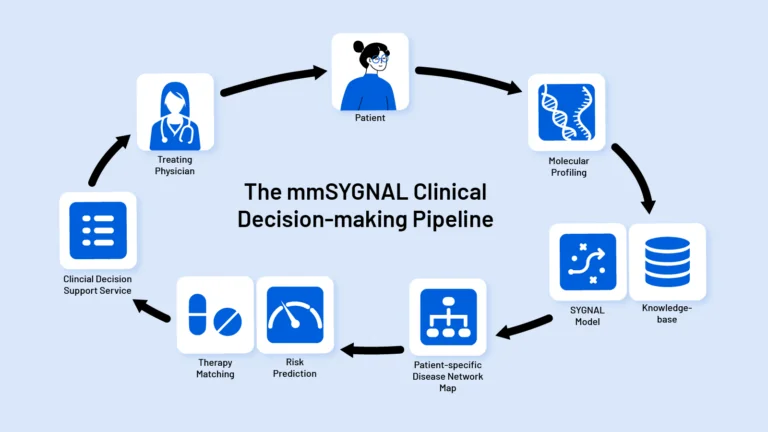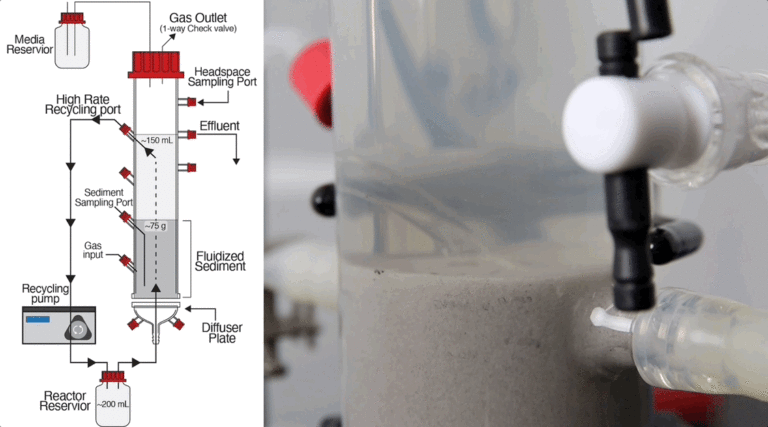
Microbes That Keep Ecosystems in Balance Can Fall Apart Easily, New Study Finds
Just-published research out of ISB shows the microbial teamwork behind denitrification can collapse in polluted environments, threatening ecosystem balance and resilience.




